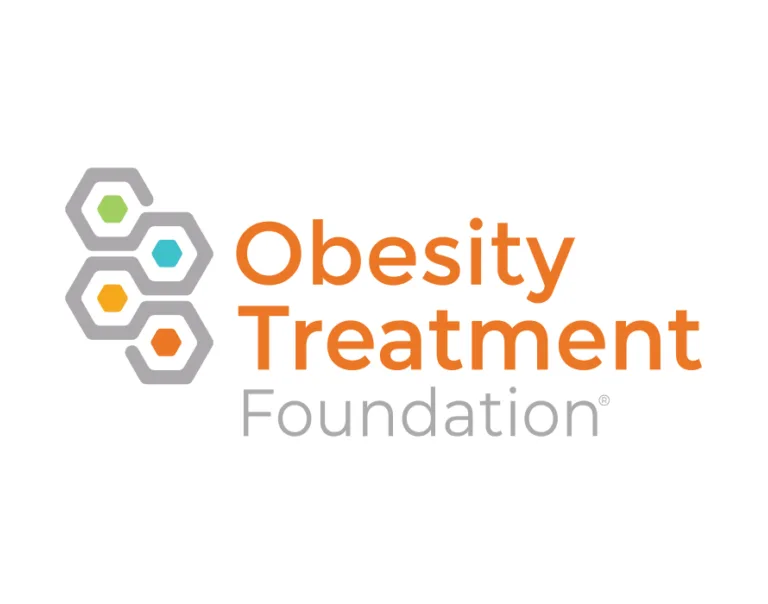Welcome to the OMA Blog
The Obesity Medicine Association Blog is the leading industry hub for obesity medicine. Find the latest research, expert insights, and practical tips to tackle the multifaceted disease of obesity. Hear from OMA Outreach Committee members, OMA Board members, and more to gain a deeper understanding of the complex factors influencing obesity and explore innovative approaches to prevention, treatment, and long-term management. Join a community of healthcare professionals, researchers, and individuals passionate about combating obesity.
View by Category

Pediatric Research Update: Shifts in US Pediatric Obesity Treatment After the AAP Guidelines
A recent study by Rodriguez et al. (2025) reviewed differences in pediatric obesity treatment before and after the release of the 2023 AAP Clinical Practice Guideline for the Evaluation and Treatment of Children and Adolescents with Obesity.

Beyond the Plate: OMA Emphasizes Comprehensive Obesity Care in Response to New Dietary Guidelines
The Obesity Medicine Association (OMA) supports many aspects of the new Dietary Guidelines for Americans , including: A strong emphasis on reducing intake of ultra-processed foods and added sugars A focus on nutrient-dense foods containing fiber, including fruits, vegetables, and whole grains The recommendation to limit saturated fat intake to no more than 10% of total daily calories and to prioritize healthier unsaturated fats Emerging evidence highlighting the importance of nutrition in supporting gut microbiome health Support for extended breastfeeding as beneficial to both maternal and child health At the same time, the OMA emphasizes that obesity is a chronic, relapsing and progressive disease process affecting weight homeostasis.

Pediatric Research Update: Consensus Statement on Metabolic Dysfunction–Associated Steatotic Liver Disease (MASLD) in Children and Adolescents
Pediatric MASLD is rapidly rising alongside childhood obesity. This expert consensus outlines current evidence on epidemiology, diagnosis, and management, highlighting screening strategies and emerging therapies to guide early identification and care.

Scaling Successful Obesity Healthcare Improvement Interventions
The Obesity Medicine Association (OMA) is pleased to announce a new multi-phase Quality Improvement (QI) initiative designed to strengthen obesity care delivery across diverse outpatient clinical settings in the United States. OMA is also partnering with Q Synthesis LLC, a healthcare quality improvement company, to develop and implement key components of the initiative. At the heart of the program is the Implementation into Practice Collaborative (IPC) , a virtual learning collaborative that will run from February through May 2026.

Pediatric Research Update: Sleep Screening: Implementing an Electronic Health Record-Integrated Pediatric Primary Care Sleep Screener
A new study by Williamson et al. (2025) showed that adding a short sleep screening tool directly into the EHR helped primary care providers identify more sleep disorders and led to more PSG orders and specialty referrals. This is a simple, practical approach that could also be very useful in Obesity Medicine, where sleep screening is still often missed but could make a big impact

White House Announces Expanded Access for Obesity Medications
The Obesity Medicine Association (OMA) welcomes today’s announcement by the White House Administration regarding expanded access to obesity medications and a commitment to make effective treatment for the chronic disease of obesity more affordable and widely available.

Reframing Success in Obesity Care: Language, Listening, and Outcomes Beyond the Scale
For decades, the number on the scale has been treated as the ultimate benchmark of health. In clinical settings, weight reduction has often been framed as the primary outcome, and weight gain as failure. Yet, as obesity medicine advances, it is increasingly clear that this approach is incomplete and potentially counterproductive. Weight alone fails to capture the complexity of health and behavior change, while overemphasis on the scale can erode trust, reinforce stigma, and undermine long-term engagement (1–3).

Pediatric Research Update: Efficacy and Safety of GLP1RAs in Children and Adolescents With Obesity or Type 2 Diabetes
A meta-analysis and systematic review of 18 trials including those published in the last 2 years to review primary efficacy outcomes, exploratory efficacy outcomes and safety outcomes. GLP-1 RAs significantly improve outcomes for children and adolescents with Type 2 Diabetes or obesity.

A Clinician's Guide to Non-Exercise Activity Thermogenesis (NEAT)
Learn how non-exercise activity thermogenesis (NEAT) supports obesity treatment and explore clinical guidance to boost patient outcomes.
